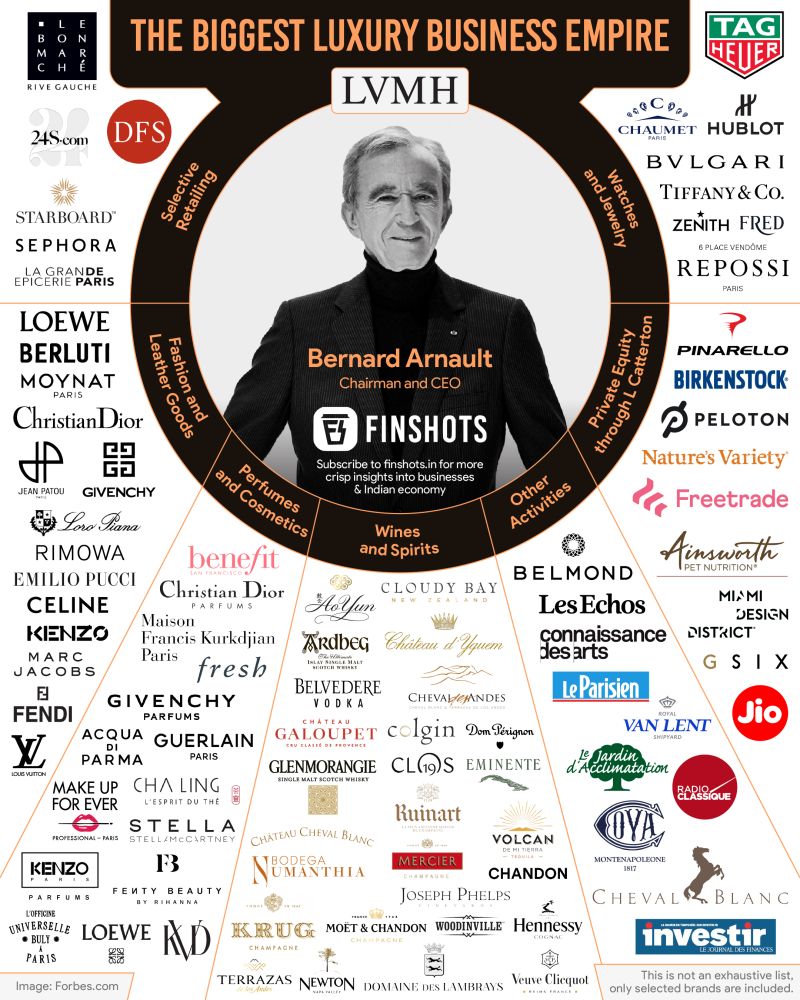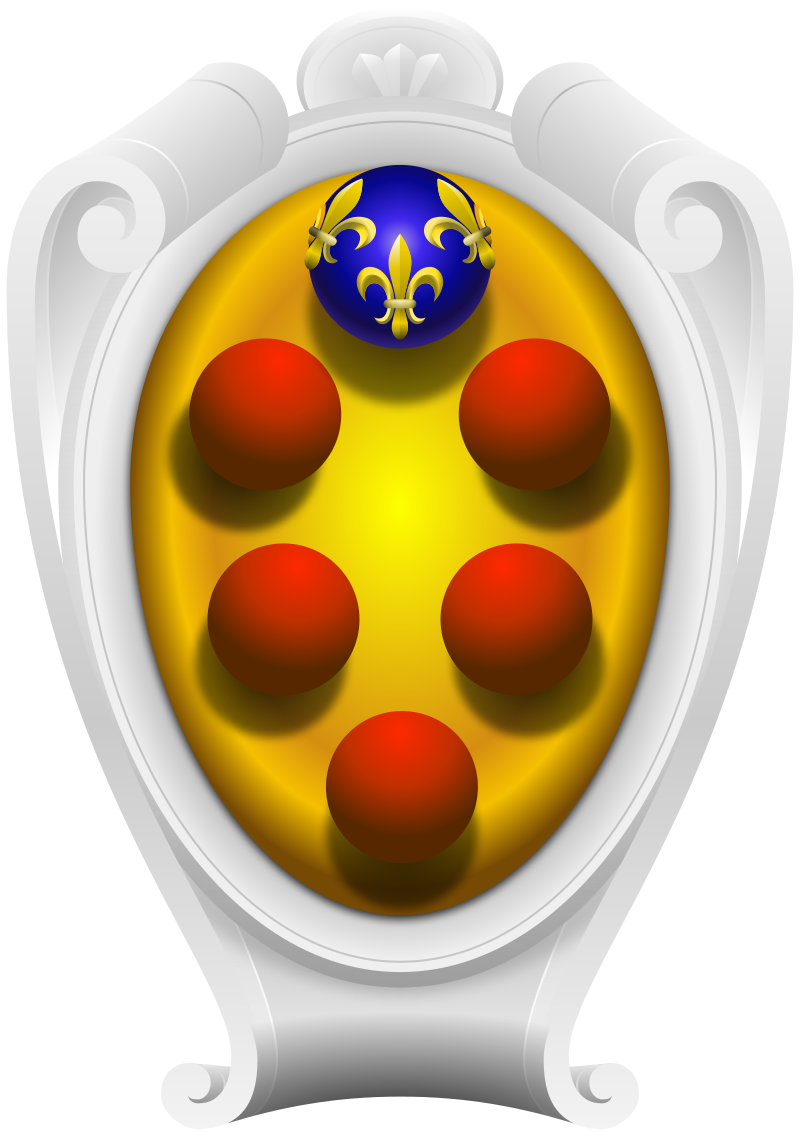我的频道 - Families that have influenced the world

Die Familie Du Pont ist eine bedeutende amerikanische Familie, die von Pierre Samuel du Pont de Nemours (1739–1817) abstammt.[1][2] Sie ist seit Mitte des 19. Jahrhunderts, als sie ihr Vermögen im Schießpulvergeschäft begründete, eine der reichsten Familien der Vereinigten Staaten. Im späten 19. und frühen 20. Jahrhundert vergrößerte sie ihren Reichtum durch die chemische Industrie und die Automobilindustrie, mit erheblichen Beteiligungen an der DuPont Company, General Motors und verschiedenen anderen Unternehmen.[3]
Mehrere ehemalige Anwesen der Familie du Pont sind heute als Museen, Gärten oder Parks für die Öffentlichkeit zugänglich, darunter Winterthur, Nemours, Eleutherian Mills, Longwood Gardens, Gibraltar, Mt.[4] Das Interesse der Familie am Gartenbau wurde in den Vereinigten Staaten von ihren aus Frankreich eingewanderten Vorfahren geweckt und in späteren Generationen von begeisterten Gärtnern, die in die Familie einheirateten, genährt und gepflegt. Bereits 1924 wurden die du Ponts von Charles Sprague Sargent, dem berühmten Pflanzenkundler und Direktor des Arnold-Arboretum in Harvard, als eine Familie gewürdigt, die die Gegend um Wilmington, Delaware, zu einem der wichtigsten Zentren des Gartenbaus in den Vereinigten Staaten gemacht hat".[5]
Das erste amerikanische Anwesen der Familie, Eleutherian Mills, das sich im Hagley Museum and Library befindet, wurde von Louise E. du Pont Crowninshield erhalten und restauriert. Sie war auch an der Gründung des National Trust for Historic Preservation im Jahr 1949 beteiligt. In den letzten Jahren ist die Familie weiterhin für ihre Verbindung zu politischen und geschäftlichen Unternehmungen sowie für philanthropische Zwecke bekannt.[6]
Zwei Familienmitglieder waren Gegenstand öffentlichkeitswirksamer Strafverfahren. John Eleuthère du Pont wurde 1996 wegen Mordes an dem Wrestling-Trainer Dave Schultz verurteilt, und Robert H. Richards IV wurde 2009 wegen Vergewaltigung seiner dreijährigen Tochter verurteilt. Die Familie wird in dem biografischen Film Foxcatcher aus dem Jahr 2014 dargestellt, in dem Steve Carell den John Eleuthère du Pont und Vanessa Redgrave Jean du Pont, die Frau von William du Pont Jr. spielt.[7]
Im Jahr 2016 wurde das Vermögen der Familie auf 14,3 Milliarden Dollar geschätzt, verteilt auf mehr als 3.500 lebende Verwandte.

In 1999, Lord Portman became the 10th Viscount and began work on rejuvenating the Estate.
Over the last 20 years, the development of the Estate has gone from strength to strength. We actively manage the property assets, both directly as a landlord to an ever-increasing number of residential and commercial customers, and through our relationships with long-term leaseholders.
We aim to be at the forefront of
property management and placemaking in Central London. This is an example of how an estate can combine a modern, agile and forward-thinking approach to its activities, while remaining loyal to its history, heritage and values.
The Portman Estate dates back to the 16th century, when Sir William Portman, Lord Chief Justice to King Henry VIII,[5] and originally from Orchard Portman in Somerset, leased 270 acres of the Manor of Lileston (Lisson). He acquired the freehold in 1554, but most of the land remained farmland and meadow until the mid-18th century and the building boom after the end of the Seven Years' War in 1763.
In the 1750s William Baker had leased land from the family to lay out Orchard and Portman Streets, and the north side of Oxford Street. Henry William Portman, a descendant of Sir William, continued the development in 1764 with the creation of Portman Square, with buildings by James Wyatt, Robert Adam and James 'Athenian' Stuart, including Montagu House, built in the north-west corner for the famed literary hostess Elizabeth Montagu and later used by the Portman family as their London town house.
Portman Square was the focus of the new estate and was followed by the building of Manchester Square during the 1770s and Bryanston and Montagu Squares 30 years later. These were laid out by the Estate's architect, James Thompson Parkinson. The area remained largely residential, attracting the prosperous middle class who wanted to live near the centre of London. There were also mews for tradesmen and servants. At the southwest corner of the Estate, where Marble Arch now stands, was the Tyburn gallows, London's principal place of public execution until 1783.
Development of the area north of the Marylebone Road around Dorset Square continued after 1815, and to the North West in Lisson Green, workers’ cottages were built from 1820 to 1840. Many of the original Georgian houses north of Portman Square were redeveloped as mansion blocks, which were let on long leases. This development spread along the major traffic routes of Edgware Road and Baker Street.
In 1948 the Estate, then valued at £10 million, was subject to death duties of £7.6 million on the death of the seventh Viscount Portman, resulting in the sale of all the family's West Country estates as well as the northern part of the London Estate in 1951, and the area around Crawford Street the following year. In the later 1950s and 1960s the Estate collaborated with the developer Max Rayne to redevelop the frontage of Oxford Street and Baker Street, as well as the south and west sides of Portman Square.

Bernard Jean Étienne Arnault (* 5. März 1949 in Roubaix, Nord-Pas-de-Calais) ist ein französischer Unternehmer und Milliardär. Auf der vom Wirtschaftsmagazin Forbes Magazine veröffentlichten Liste der reichsten Menschen der Welt 2022 wurde sein Vermögen mit ca. 158 Milliarden US-Dollar angegeben, womit er Platz 3 belegte. Zum Ende des Jahres 2022 stieg Arnault zum reichsten Menschen der Welt auf. Im Juni 2023 betrug sein Vermögen laut Forbes 233,7 Milliarden US-Dollar;[3] laut Statista 221,5 Milliarden US-Dollar.
Der studierte Ingenieur ist seit 1985 Mehrheitseigner der Christian Dior S.A. und seit 1989 PDG des Luxusgüter-Konzerns LVMH Moët Hennessy – Louis Vuitton (LVMH), zu dem unter anderem Marken wie der Lederartikel-Hersteller Louis Vuitton, der Champagner-Fabrikant Moët & Chandon und der Cognac-Hersteller Hennessy gehören. Über seine Holding Groupe Arnault besitzt er 70,4 % der Anteile der Firma Christian Dior sowie über eine Tochtergesellschaft und eigenen Aktienbestand insgesamt fast 47 % der Aktien von LVMH (mit über 64 % der Stimmrechte). Er ist zudem Eigentümer der Wirtschaftszeitung Les Échos.


